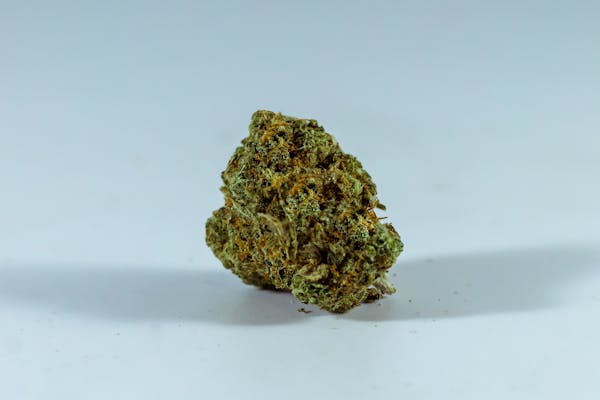THCa Flower Benefits Explained: A Guide to Natural Healing
THCa Flower Benefits Explained: A Guide to Natural Healing
In recent years, the interest in cannabis and its derivatives has surged, with many seeking natural alternatives for health and wellness. Among the various compounds found in cannabis, THCa (tetrahydrocannabinolic acid) has gained attention for its potential therapeutic benefits. This article explores the advantages of Explore THCa Flower products, offering insights into its role in natural healing.
Understanding THCa: The Basics
THCa is a non-psychoactive cannabinoid found in raw and live cannabis plants. Unlike THC, which is known for its psychoactive effects, THCa does not produce a “high.” This makes it an appealing option for those looking to experience the benefits of cannabis without the mind-altering effects.
How THCa Works
THCa interacts with the body’s endocannabinoid system, which plays a crucial role in maintaining homeostasis. By binding to receptors in this system, THCa can influence various physiological processes, potentially offering a range of health benefits.
Potential Health Benefits of THCa Flower
Research into THCa is still in its early stages, but preliminary findings suggest several promising benefits:
- Anti-inflammatory Properties: THCa may help reduce inflammation, making it a potential option for those with conditions like arthritis or inflammatory bowel disease.
- Neuroprotective Effects: Some studies indicate that THCa might protect brain cells, which could be beneficial for neurodegenerative diseases such as Alzheimer’s and Parkinson’s.
- Anti-emetic Benefits: THCa has shown promise in reducing nausea and vomiting, particularly in patients undergoing chemotherapy.
- Appetite Stimulation: For individuals struggling with appetite loss, THCa may help stimulate hunger.
Case Studies and Research
Several case studies highlight the potential of THCa in medical applications. For instance, a study published in the “Journal of Neuroimmune Pharmacology” found that THCa exhibited anti-inflammatory effects in animal models. Another research project conducted by the University of Guelph demonstrated THCa’s potential in reducing nausea in rats.
How to Use THCa Flower
THCa flower can be consumed in various ways, each offering unique benefits:
- Juicing: Fresh cannabis leaves and flowers can be juiced to retain THCa’s raw form, providing a nutrient-rich beverage.
- Topicals: THCa-infused creams and balms can be applied directly to the skin for localized relief from pain and inflammation.
- Tinctures: These liquid extracts can be taken sublingually, allowing for quick absorption into the bloodstream.
Considerations for Consumption
When using THCa flower, it’s important to keep in mind that heat can convert THCa into THC, which is psychoactive. To preserve its non-psychoactive properties, avoid smoking or vaping the flower.
Legal Status and Accessibility
The legal status of THCa varies by region. In some areas, it is classified similarly to THC, while in others, it is considered legal due to its non-psychoactive nature. It’s advisable to check local regulations before purchasing or using THCa products.
Availability
THCa flower is available through various dispensaries and online retailers. When purchasing, look for reputable sources that provide lab-tested products to ensure quality and safety.
Conclusion
THCa flower presents a promising option for those seeking natural healing alternatives. With its potential anti-inflammatory, neuroprotective, and anti-emetic properties, it offers a range of benefits without the psychoactive effects associated with THC. As research continues to unfold, THCa may become an increasingly valuable component in the landscape of natural health solutions.

